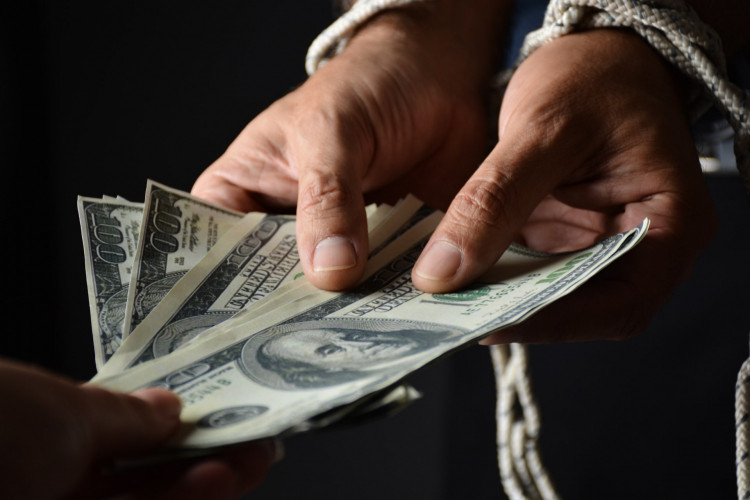Banking shares weighed heavily on Asian stocks, causing a widespread decline on Tuesday. The market was gripped by fears of Silicon Valley Bank's collapse, despite U.S. government attempts to stabilize the financial system.
Banks were the most severely affected industry in the region.
Standard Chartered Bank decreased by almost 7%. HSBC Holdings fell more than 5% in Hong Kong after the banking behemoth committed to pump $2.4 billion in liquidity into SVB's U.K. subsidiary, which it had acquired for 1 pound.
Despite exceptional precautions taken by U.S. regulators over the weekend to forestall a potential banking crisis in the wake of SVB's failure, the sell-off occurred. On Friday, the California-based lender tumbled precipitously, marking the largest bank failure in the U.S. since 2008.
The 2008 financial crisis, also known as the global financial crisis, was a severe worldwide economic downturn that began in the U.S. with the subprime mortgage market collapse in 2007 and spread across the world in 2008. It was caused by a combination of factors, including loose monetary policy, deregulation, financial innovation, and an unsustainable housing boom.
Banks had been offering mortgages to borrowers with weak credit histories, and these "subprime" loans were packaged and sold to investors in the form of complex financial instruments called mortgage-backed securities.
When the housing market began to decline, many borrowers defaulted on their loans, and the value of the mortgage-backed securities plummeted.
This triggered a crisis in the financial sector, as many banks had invested heavily in these securities and suffered huge losses. Credit markets froze, as banks became reluctant to lend to one another, causing a liquidity crisis. This, in turn, led to a severe recession, with unemployment and foreclosure rates soaring.
On Monday, the Shanghai Composite Index dropped 0.65%. Before recouping losses in the afternoon, the Hang Seng (HSI) index in Hong Kong fell 2.5%. The Nikkei 225 (N225) fell 2.19% on its third consecutive down day. Korea's Kospi fell roughly 3%.
China Minsheng Banking Corp fell 0.5% and China Merchants Bank down 1.2% and in Shanghai.
AIA Group, a pan-Asian insurer, traded down 4.7%. Bank of China (Hong Kong) and Hang Seng Bank shares declined 3.7% and 1.5%, respectively, in Hong Kong.
The largest bank in Japan, Mitsubishi UFJ Financial Group, lost 8.4% in Tokyo. Both Sumitomo Mitsui Financial Group and Mizuho Financial Group declined by more than 7%.
Investors are increasingly anxious about whether the failure of SVB would trigger a wider banking industry collapse. On Monday, U.S. stocks were mixed, with a decline in banking companies.
U.S. Treasury yields also on Monday plummeted as investors flocked to safe-haven assets. The 2-year Treasury yield suddenly fell by more than 50 basis points, the largest day decline in decades.





